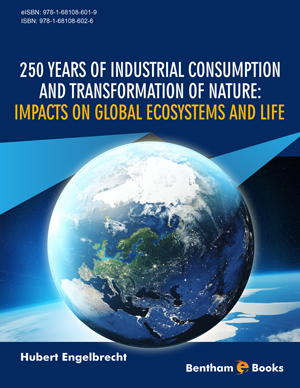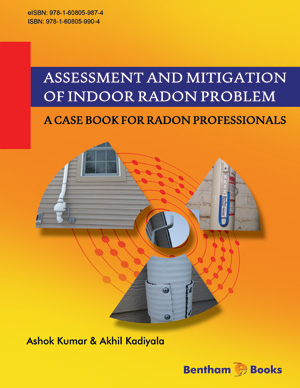Abstract
This chapter attempts to develop the concept of sustainability and make it operational in the realm of water resources management. Water is unique in its primacy among natural resources as an essential component of life itself. Due to its equally unique chemical and physical properties, water carries with it a history of where it has been and its courses in the hydrologic cycle are readily measured or observed. However, the transience of some fluxes of water in the hydrologic cycle is more difficult to predict or manage. From a management perspective, this is problematic as it is often impossible to accumulate all of the necessary freshwater resources in one place by rainfall and runoff alone. Therefore we must manage other parts of the water cycle to account for anthropogenic objectives, and this would include mining groundwater, controlling evaporation in irrigated systems among a host of other tradeoffs that currently depend in great part upon economic factors. We will explore through case studies in Germany and Cincinnati OH how social-equity and environmental objectives must also be considered with the same weight as economic factors. The influence of an expanded and more integrated view of the hydrologic cycle is illustrated through examples and case studies, and provides an introduction to and ideas for the notion that water resources can be more sustainably managed through the recognition of exchangeable social, cultural, natural resource, and technological capitals.
Keywords: Weak-strong sustainability, social capital, storm water management, incentives, urban water cycle, agricultural hydrology, environmental management, wastewater management in Germany, integrated water management.












